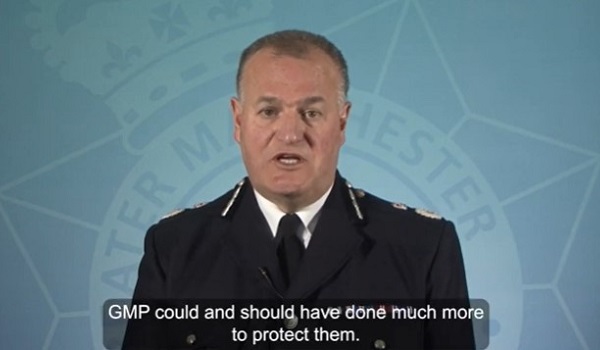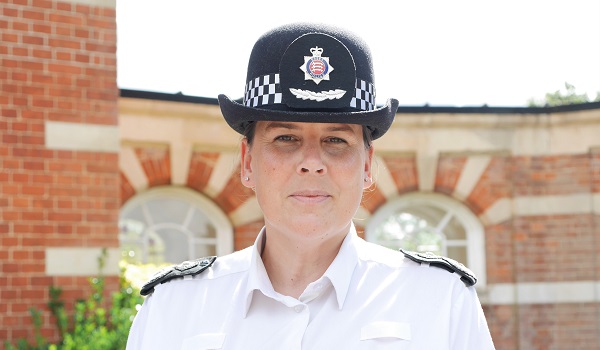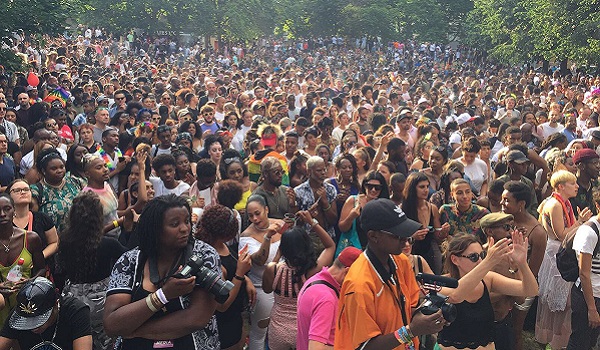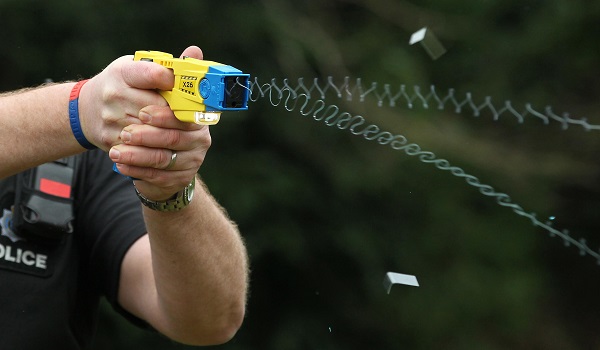GMP chief constable apologies to Rochdale grooming victims
Three victims of grooming gangs in Rochdale have received “substantial” damages and a personal apology from the chief constable of Greater Manchester Police (GMP).
The women met Chief Constable Stephen Watson at force headquarters on Tuesday (April 12) to be given the apology in person for police failings when, as children, they were repeatedly raped and sexually abused by gangs of men in Rochdale.
Mr Watson apologised for the failure of the force to protect them and investigate the abusers, which happened under previous chief constables, including Sir Peter Fahy and his predecessor.
In a further video apology, published on the GMP website and YouTube, Mr Watson said: “Today is not about Greater Manchester Police, but about those victims who in the past have been let down when they needed our help in the most traumatic and horrific circumstances. I have now personally delivered my apology to some of these victims for the failings Greater Manchester Police had in its contact with those who suffered child sexual exploitation in Rochdale. It is a matter of profound personal regret that the childhoods of these victims were so cruelly impacted by the dreadful experiences they endured. GMP could, and should, have done much more to protect them.
“The failings of our past into child sexual exploitation (CSE) are well known, and thankfully there is today a far better understanding of CSE than there was before the Operation Span trial in May 2012, and we are committed to leaving no stone unturned to bring these offenders to justice, no matter the passage of time, through our dedicated force CSE unit. We will strive to keep improving our responses to similarly horrible circumstances, to prevent the same from happening in the first instance and relentlessly pursuing perpetrators so that they can be held fully to account.
“I hope that my apology and commitment to rectifying the poor practices of the past will provide some little comfort to those we failed.”
One of the three women, Daisy, whose name has been changed to protect her identity, said: “I don’t know if I believe that Greater Manchester Police have really changed their ways as they say they have, but I’m happy that they’ve taken into account their failings and there’s finally been some accountability.”
The women, backed by lawyers from the Centre for Women’s Justice (CWJ) charity, brought a legal claim against GMP that said, according to legal documents, that from the early 2000s there was growing evidence from multiple allegations that gangs of predominantly Asian men were grooming, trafficking and sexually abusing predominantly white working class girls in Rochdale.
Lawyers for the three – one who was 14 and two who were 12 at the time – successfully argued their human rights were breached by GMP failing to protect them by putting a stop to the abuse.
This included failing to record crimes, investigate offenders, collect intelligence, or charge and prosecute abusers.
Instead of child victims of sexual abuse, the three were viewed by police as “bad” or “unreliable” witnesses and were sometimes arrested themselves while reporting abuse, the women said.
Although the abuse was happening “in plain sight”, a police operation to tackle the gangs was closed down abruptly in 2004, despite police and social services having the names of the men involved and their victims.
Eight years later, following a second major police investigation, Operation Span, nine men were convicted for sexual exploitation of children in Rochdale.
The trial heard that girls as young as 12 were plied with alcohol and drugs and gang-raped in rooms above takeaway shops, and ferried to different flats in taxis where cash was paid to use them.
Another of the three women, Amber, said: “I feel like this is the first time I’ve really been seen and publicly recognised by authorities as an innocent child victim who needed protection.”
Former detective constable Maggie Oliver resigned from GMP in 2012 to turn whistleblower over the force’s failings.
Ms Oliver, founder of the Maggie Oliver Foundation, a charity that supports and advocates for survivors of child sexual abuse, said: “I feel relieved that finally, after an all-consuming ten-year battle, GMP have at last acknowledged their horrific treatment of these three victims was wrong, even inhumane.”
Kate Ellis, a solicitor at the CWJ who acted for the three claimants, said: “We hope that today’s outcome will serve as a reminder to Greater Manchester Police, and other police forces, that they will be held to account if they fail to protect vulnerable children from exploitation and abuse.”
Harriet Wistrich, director of CWJ, added: “The trial ten years ago was hailed as a victory, but it followed years of abject policing failures. Sadly, such failures are still prevalent across the country as highlighted in the recent publication of the IICSA inquiry into CSE by organised networks. We hope this historic victory will provide an additional spur to police forces around the country to implement effective measures to tackle this pernicious crime.”
GMP settled the claim before the matter got to court.







